From food prep to cultivation issues, there are a ton of everyday foods that seem safe on the surface but can end up being unhealthy or, in some cases, fatal. Keep an eye on these (potentially) dangerous foods that you probably haven’t thought twice about.
Farmed salmon
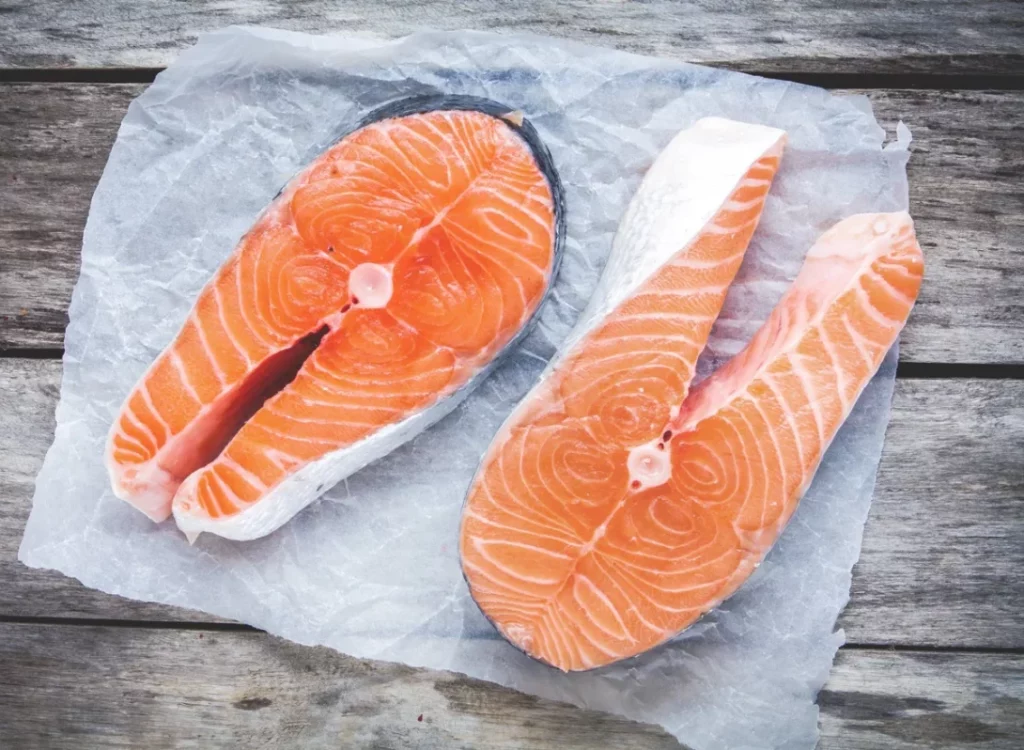
Any form of omega-3 fats is good, right? In reality, many people believe that despite being an oily, health-boosting fish, the Organic Consumers Association calls farmed salmon “toxic junk food” since it is often fattier than its wild counterpart. It’s also been linked to potentially toxic chemicals that harm your health.
Sushi and ceviche
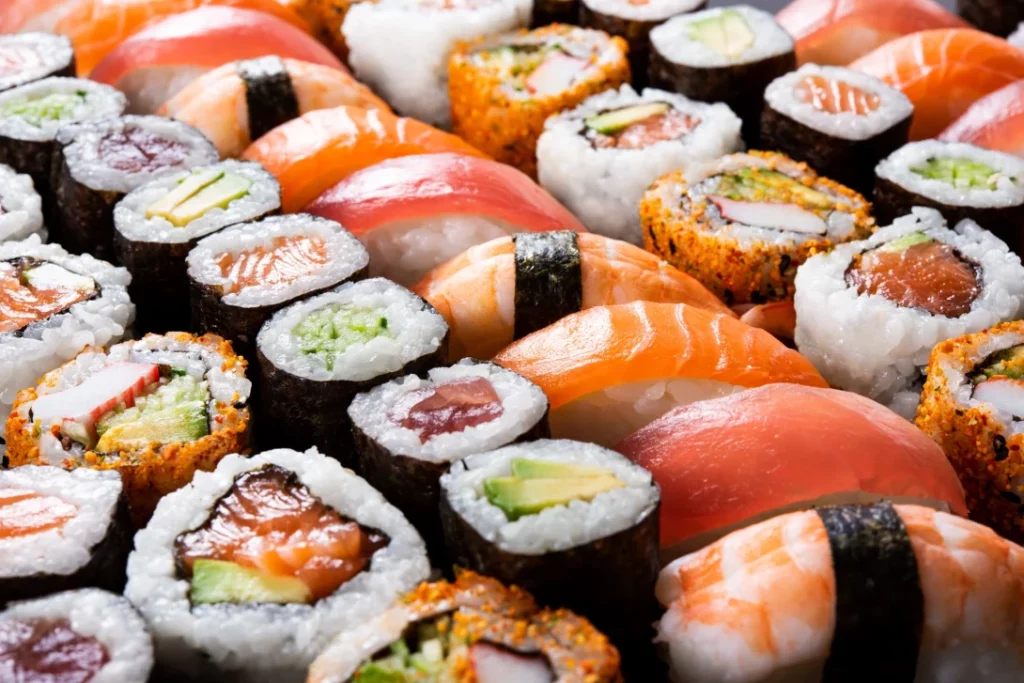
Although raw fish can be delicious, it can be linked to reported sicknesses due to worm infections. Whenever you eat smoked or raw fish or fish that’s been frozen improperly, there’s the potential that it’s been infected with herring worm or anisakis. This is known to cause some serious vomiting and abdominal pain. Luckily, most sushi chefs flash-freeze fish to kill parasites.
Oysters
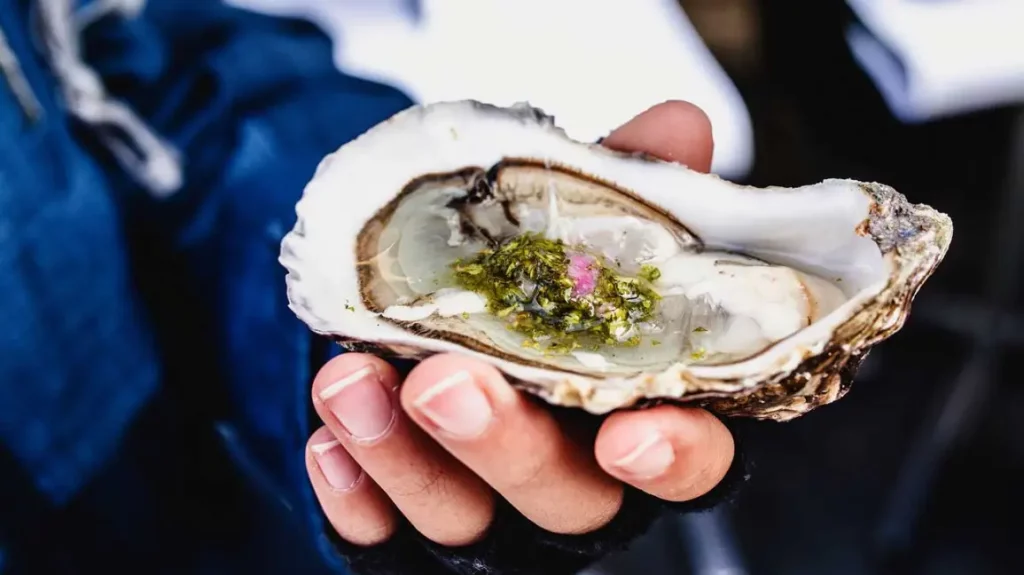
Like raw fish in Japanese cuisine, oysters come with their own set of risks, which is due to harmful viruses and bacteria. Oysters may cause vibriosis, an illness with a set of flu-like symptoms, including cramping, vomiting, diarrhea, chills, and fever. Approximately 80,000 people get vibriosis annually in the USA, and up to 100 people die from it annually.
Peanuts
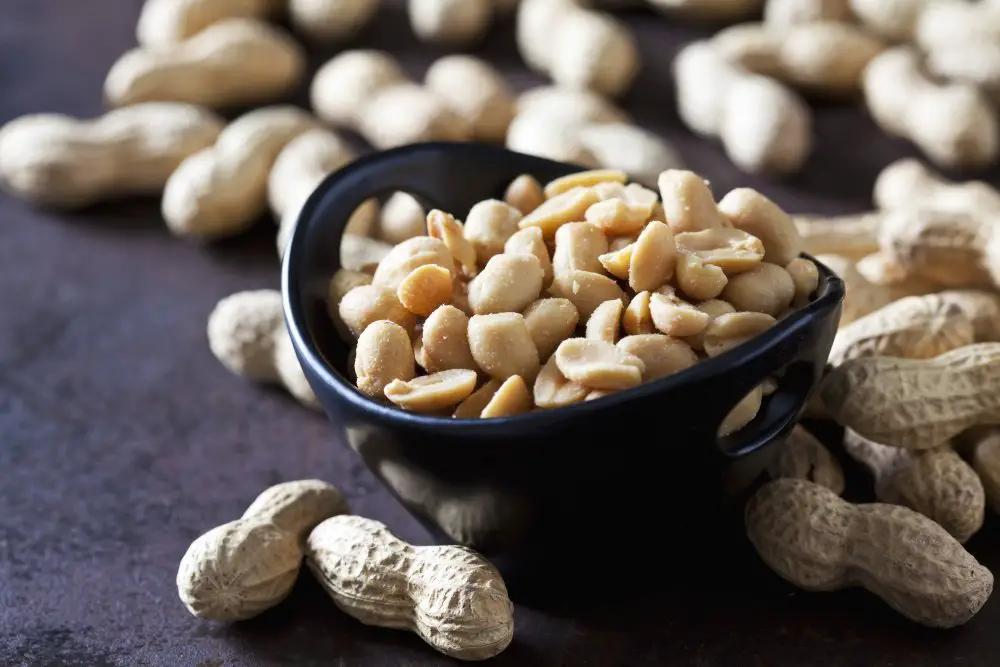
Peanut allergies are more common than you think. One in 200 people suffers from an allergic reaction to them, and they can cause throat swelling to the point of fatality. In some cases, people can’t even breathe air that might contain peanut particles, and these folks should be cautious by reading food packaging, carrying meds or an Epi-pen, and letting restaurant workers know.
Chicken
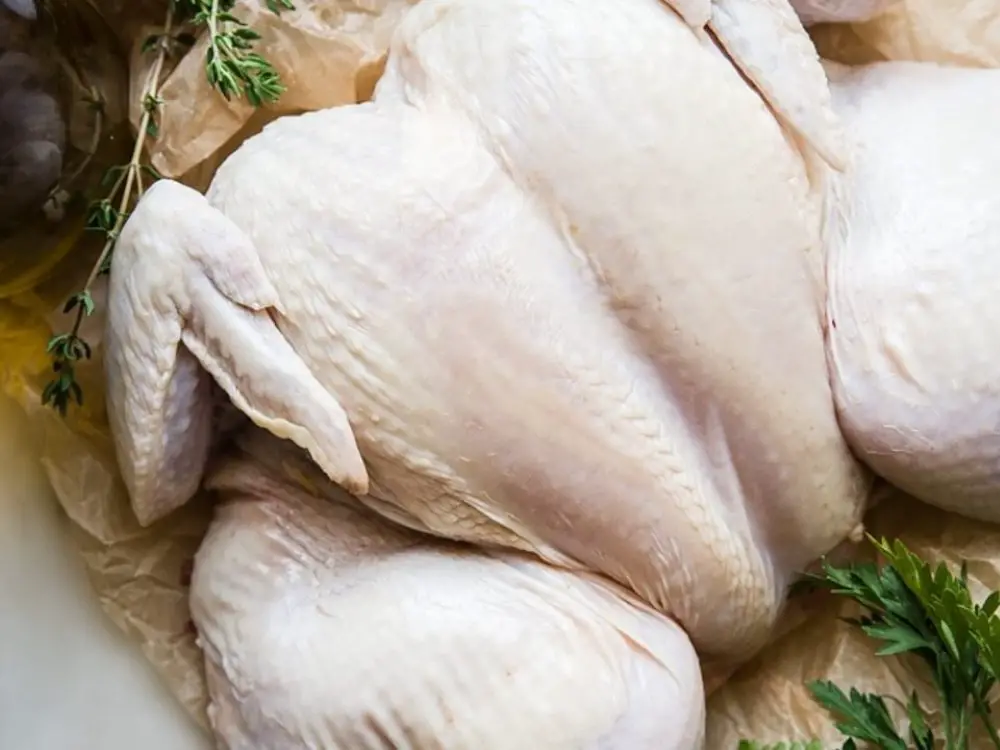
Chicken, when it’s prepared and handled safely, is perfectly fine. But when it’s not, this popular meat can carry salmonella and campylobacter, which cause symptoms similar to the flu. For this reason, chicken should always be cooked until the interior temperature is 165°F. Chicken should never be washed and should always be prepared on a separate knife and cutting board when prepared.
Tuna
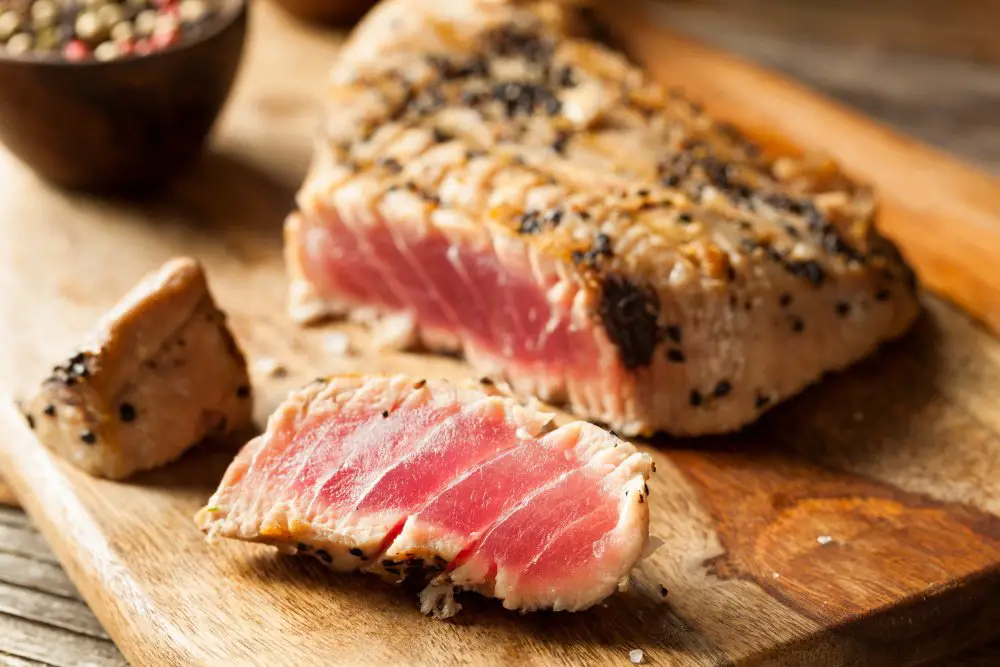
Dark meat, fish, and tuna release a toxin known as scombrotoxin when it’s exposed to temperatures above 60°F or 15.5°C. It may result in symptoms similar to food poisoning and serious allergic reactions that can cause hives, sudden drops in blood pressure, itchiness, dizziness, heart palpitations, and even respiratory distress.
Unpasteurized milk
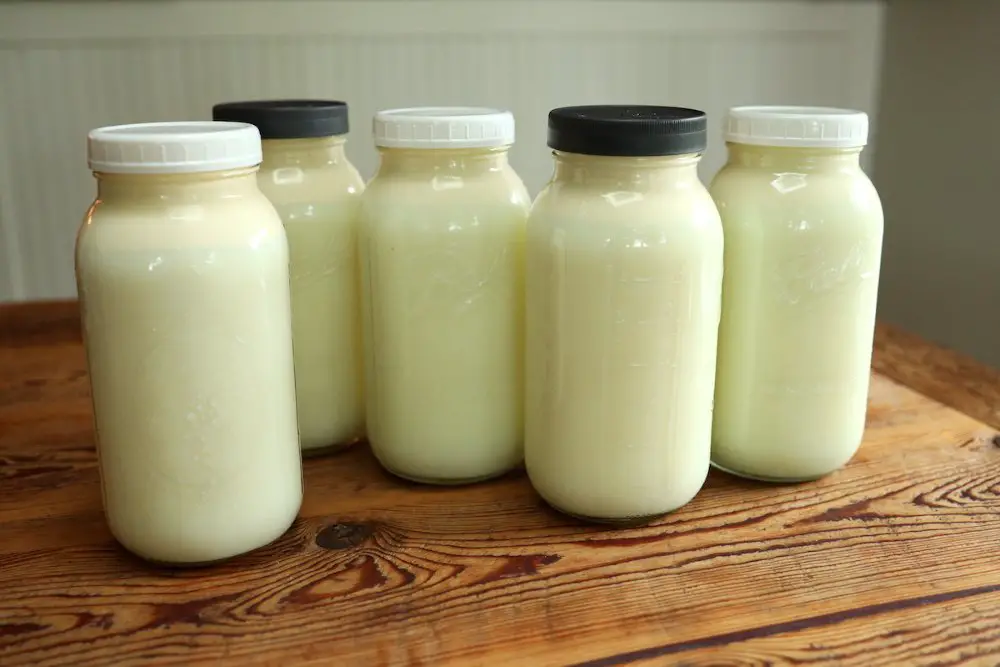
Raw milk, otherwise known as unpasteurized milk, is often considered more fresh by many, but without the heat-treating process, it can potentially cause salmonella, E. coli, listeria, and campylobacter. People with low immunity, pregnant women, and children should always try to avoid raw milk.
Rice
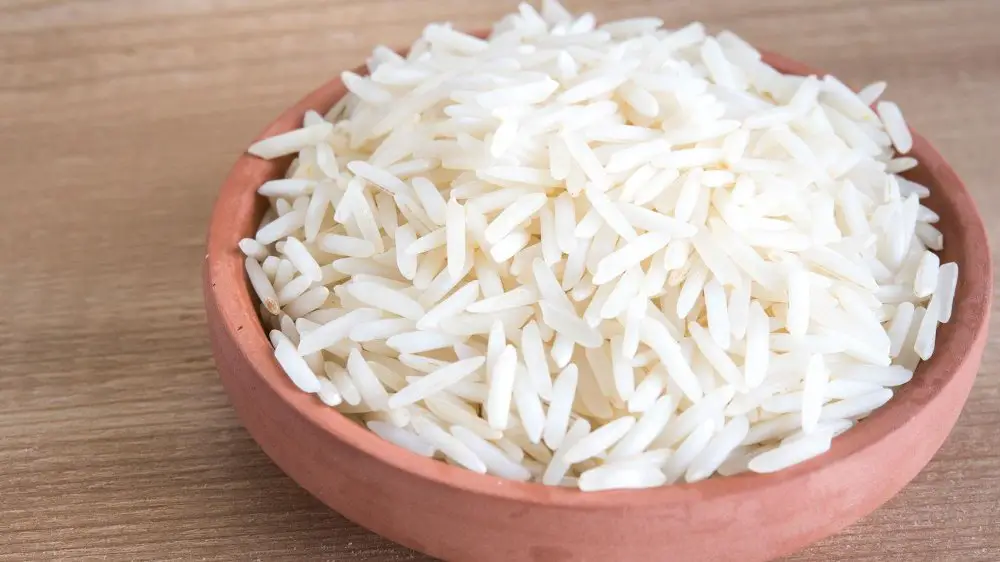
Many people think that they’re making a health-conscious decision by opting for rice instead of bread, but rice is actually a crop that contains higher amounts of arsenic than other crops. This cancer-causing toxin is in the soil that rice is grown in, but if you eat it once or twice a week, you’ll likely be fine. This grain can also contain food poisoning bacteria if left at room temperature for too long or improperly reheated.
Raw sprouts
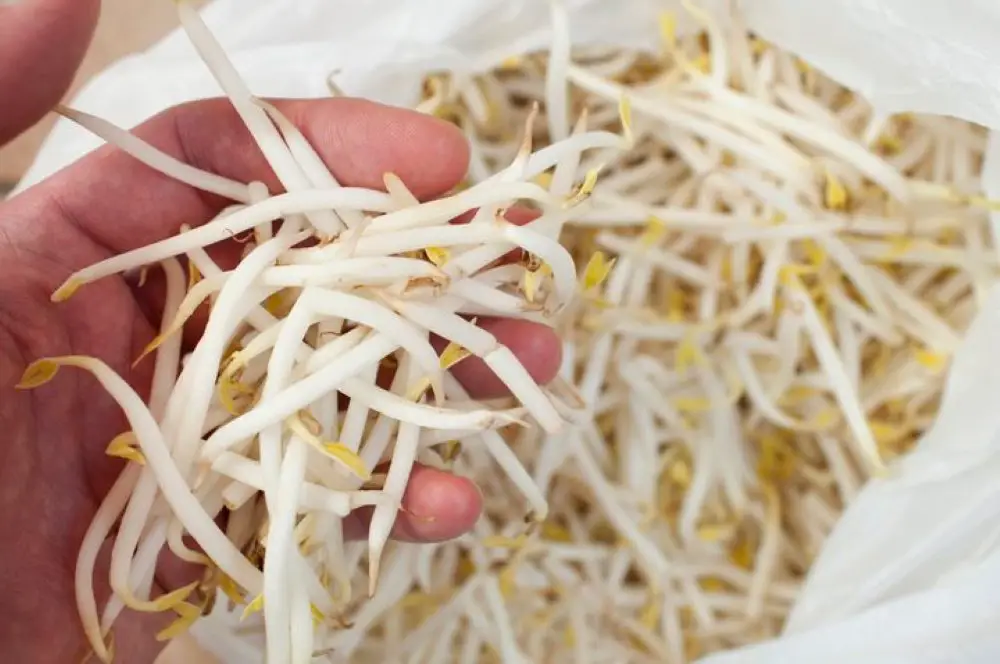
Although many people eat raw sprouts in an attempt to be healthier, this unassuming veggie is grown in humid and warm conditions that make it a thriving ground for bacteria. Bean sprouts are often linked to E. Coli outbreaks, and in 2011, they even killed 29 people in Germany. Always cook sprouts unless they’re labeled “ready to eat.”
Rare beef
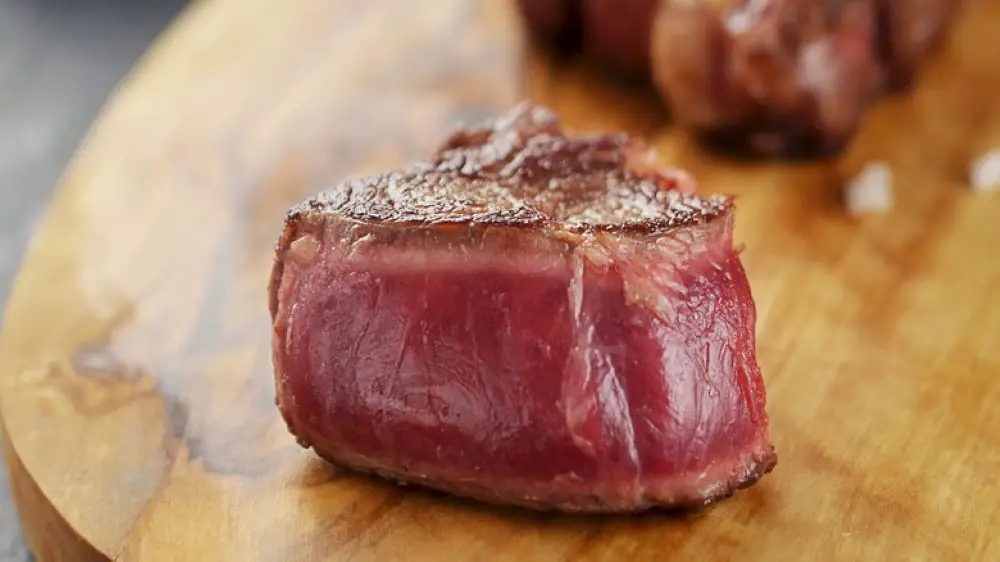
If you like your burgers or steak rare or often order tartare, think again. Like raw milk, it poses an especially strong risk for pregnant women, people with low immune systems, and children. All cuts should reach an internal temperature of at least 145°F to avoid the risk of salmonella or E. Coli, so it may be smart to keep a meat thermometer on hand to avoid disasters.
Green potatoes
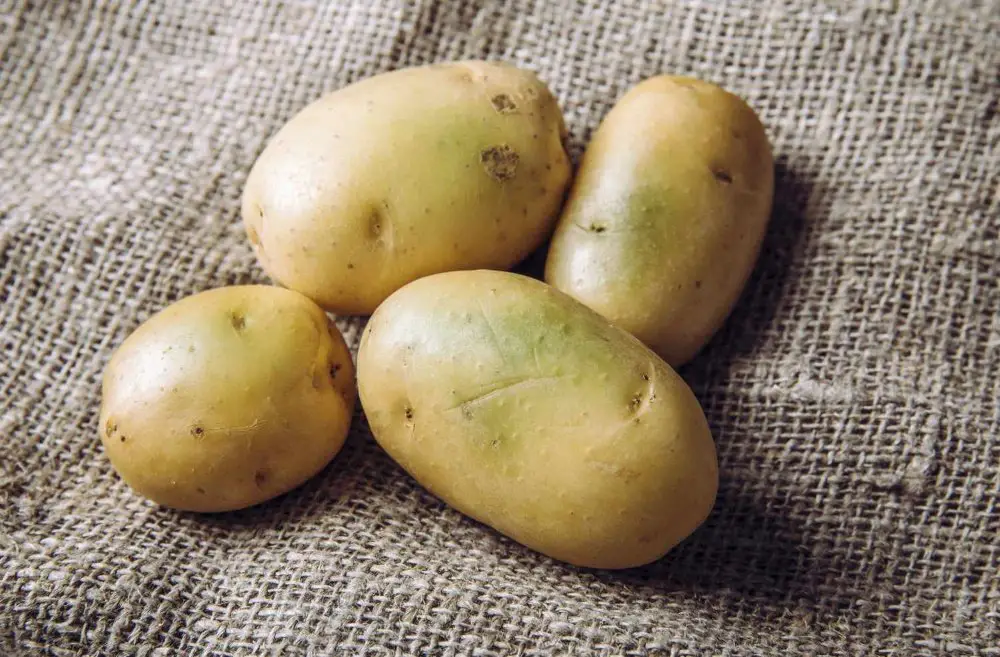
When potatoes aren’t kept in the dark, they can turn green because of chlorophyll. Instead of just looking unappetizing, green potatoes can cause a toxic alkaloid called solanine to build up. Besides mild symptoms like nausea, diarrhea, headaches, and cramping, it can occasionally cause life-threatening consequences. Fully green spuds should be tossed, while small green areas can be cut off.
Deli meats
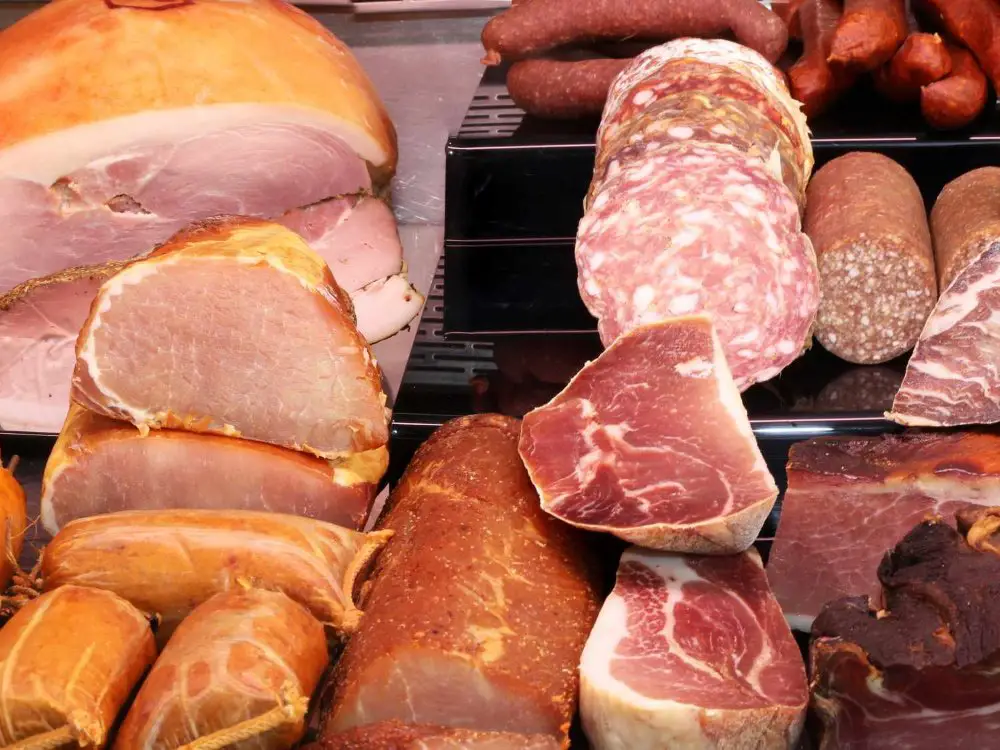
Sub lovers, beware! Beyond their high-fat content, this processed food is often cured with nitrates, which many health professionals consider to be carcinogenic. When harmful bacteria reach deli meat before it’s packaged, it’s susceptible to listeria, so consider only getting your cold cuts from reputable stores.
Agave syrup
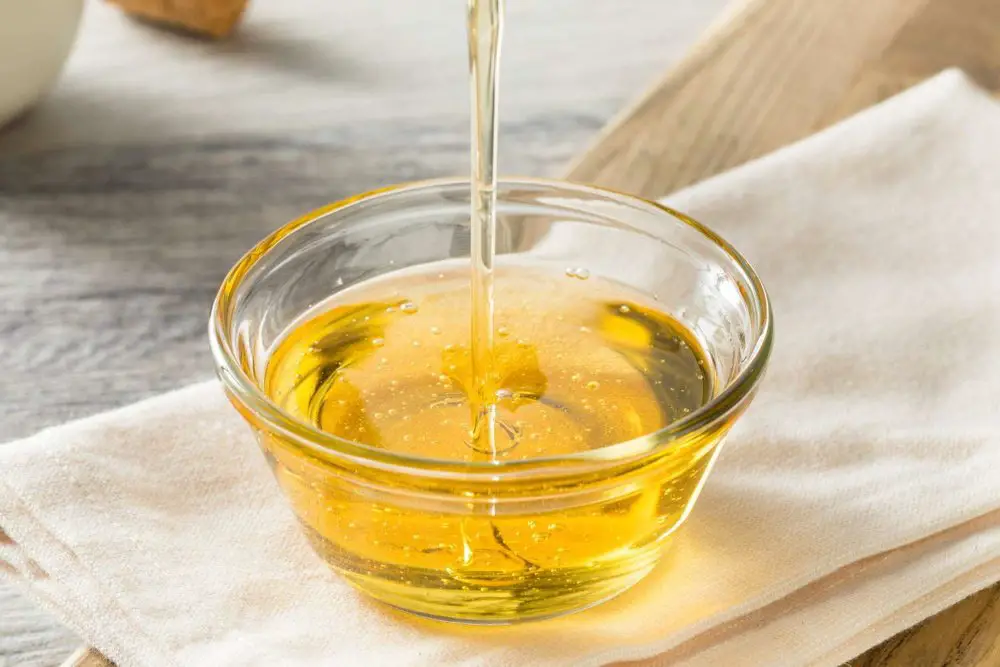
Despite being used as a “healthy” alternative to sugar, this naturally occurring syrup is extremely high in fructose, and beyond increased belly fat, it can cause fatty liver disease when it’s not used sparingly.
Rhubarb leaves
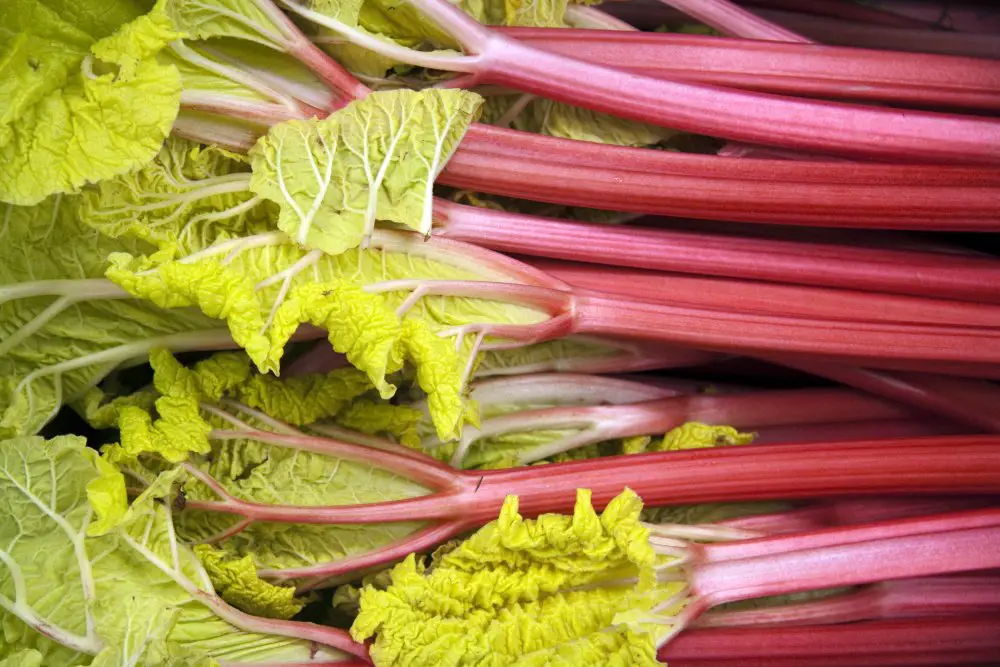
While most of the greens on veggies are safe to eat, rhubarb leaves aren’t safe for humans due to containing oxalic acid. This acid can form oxalate crystals in your kidneys, causing breathing issues, nausea, and a burning sensation in the throat. It can even cause kidney failure, so stick to the pink stems instead.








